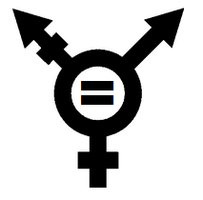Govt of India asks Supreme Court to clarify/modify NALSA judgement

 ‘Government objects to SC empowering third gender’ screamed the title of a piece in the Indian Express on Sept 11, 2014, followed by a more measured ‘Centre wants SC to clarify order on transgenders’ in the Hindu, Sept 12, 2014.
‘Government objects to SC empowering third gender’ screamed the title of a piece in the Indian Express on Sept 11, 2014, followed by a more measured ‘Centre wants SC to clarify order on transgenders’ in the Hindu, Sept 12, 2014.
The text of the application made by the Government of India, downloadable here, appears less alarming than the IE headline. The application, which seems to have been filed at the instance of the Ministry of Social Justice and Empowerment, seeks clarification on the NALSA judgement of April 15, 2014.
1. In our reading, some of the points raised in the application that are not a cause for concern, or a step in the right direction, are as follows:
- The application points out that the term ‘eunuch’ is not an equivalent of ‘transgender’ or a variant of the latter and hence it has to be left out. => This is true, and many in the transgender community have pointed out that we consider the term derogatory.
- “…They will include trans-men and trans-women (whether or not they have undergone sex re-assignment surgery or hormonal treatment or laser therapy etc)… and a number of socio-cultural identities, such as kinnars, hijras, aravanis, jogtas, etc.” => This is a welcome point, and bears repeating because some groups, media and government departments around the country have narrowly interpreted the NALSA judgement (particularly Justice Sikri’s section) as being purely concerned with hijras, kinnars and others of transfeminine gender experience.
2. We are ambivalent on the following point:
- TG should not include cisgender lesbian, gay and bisexual people => SC has, in one place (page 93, pt. 107) in the NALSA petition, mentioned that occasionally T is used to refer to LGBT spectrum and GoI wants to ensure NALSA ruling does not apply to LGB. The ruling actually made it clear they were proceeding with the narrow (minus LGB) definition, while acknowledging that sexual orientation a separate issue from gender identity and that some trans people may be LGB. This is thus a non-issue. We fail to understand why GoI seeks a clarification on this matter, unless it seeks to emphasise to its more conservative supporters that it remains opposed to reconsideration of Section 377, an issue that discussion of same-sex orientations among cisgender people may bring up.
3. Two issues that may be a matter of concern:
- The statement that six months (as stipulated by the Supreme Court) is not enough to implement all the changes mandated by the Supreme Court, and the recommendations made by the Ministry of Social Justice and Empowerment need to be rolled out in a phased manner => We hope this does not lead to indefinite delays or any backtracking on the promises of the NALSA judgment.
- The application’s point that the categorisation of transgender people as OBC is a determination that would have to be made by the National Commission for Backward Classes => this could, again, result in indefinite delays until such time as the National Commission considers the issue.
4. While we appreciate the effort the application makes to clarify terminology by eschewing the term ‘eunuch’ we note that the definitions of male-to-female and female-to-male transgender people have been interchanged in the application.
5. Finally we urge the government and Supreme Court to expedite action towards justice, equality and full citizenship for transgender people. If the recent developments in the Ajmer, Rajasthan, case of policy brutality and sexual assault of a hijra are any indication, we remain far from this goal.
Update Sept 12:
An MSJE official has explained that the application was initiated in response to
– representations from community members who had expressed concern that most states preparing to establish transgender welfare boards were interpreting the NALSA judgement to include only hijras, and not considering other trans people
– confusion resulting from a line in the NALSA ruling about ‘transgender’ occasionally used as an umbrella term that includes lesbian, gay and bi people. This has, apparently, led to concerns that cisgender LGB people would use this definition to claim OBC status for themselves.
– concerns raised that SC/ST transpeople may be forced to identify as OBC
– procedural issues regarding who makes the determination of OBC
– the need to let the SC know that the term ‘eunuch’ is neither acceptable nor accurate as a synonym for TG. The NALSA judgement uses ‘eunuch’, ‘third-gender’ and ‘transgender’ synonymously in some portions of the text. Many members of the diverse trans* communities have objected to use of the term eunuch.
Background Reading:

2 Comments